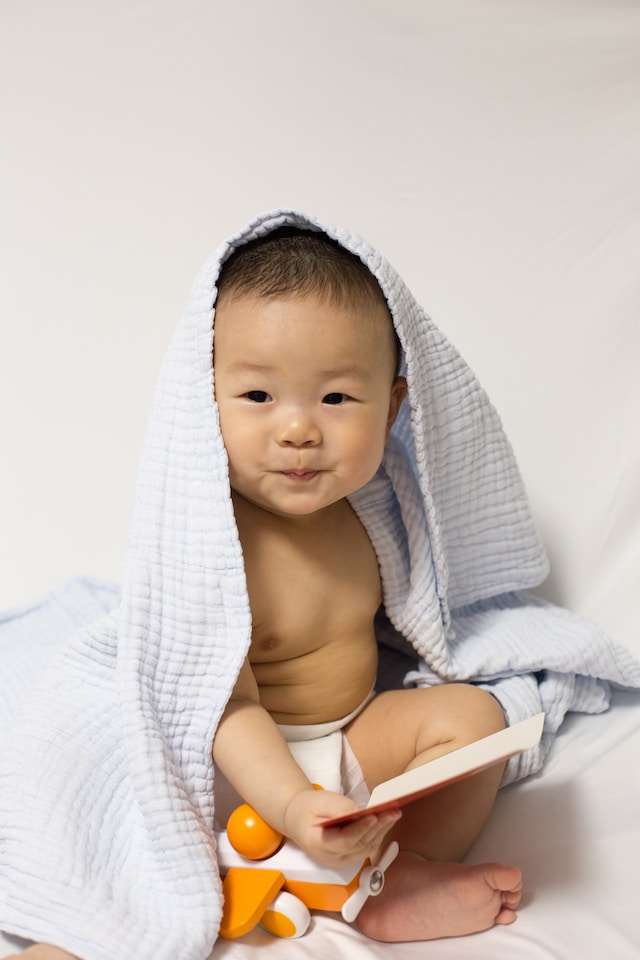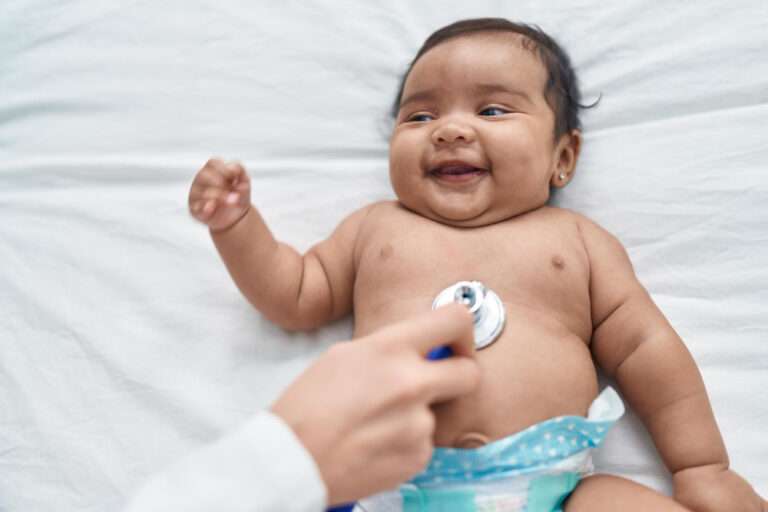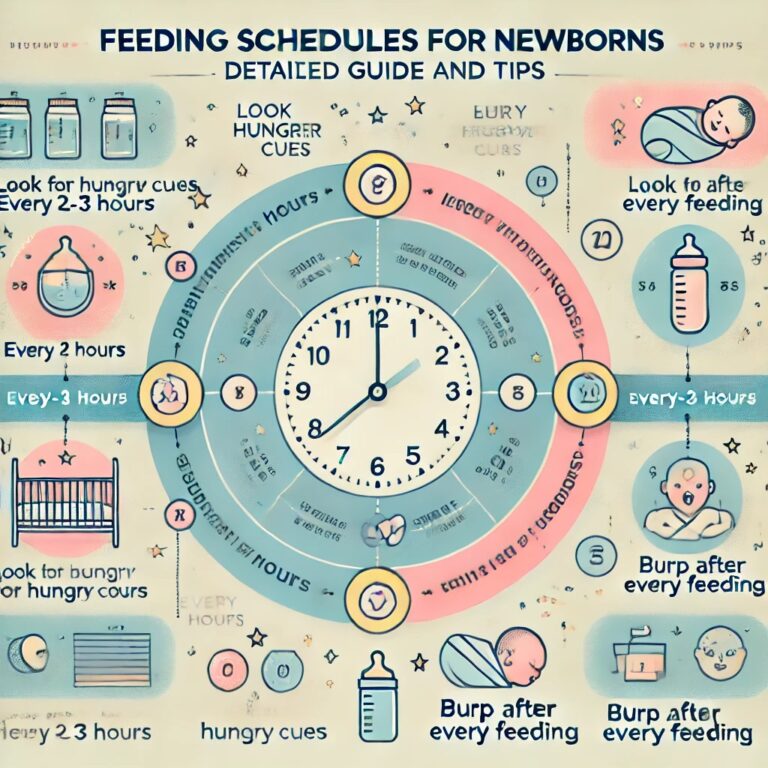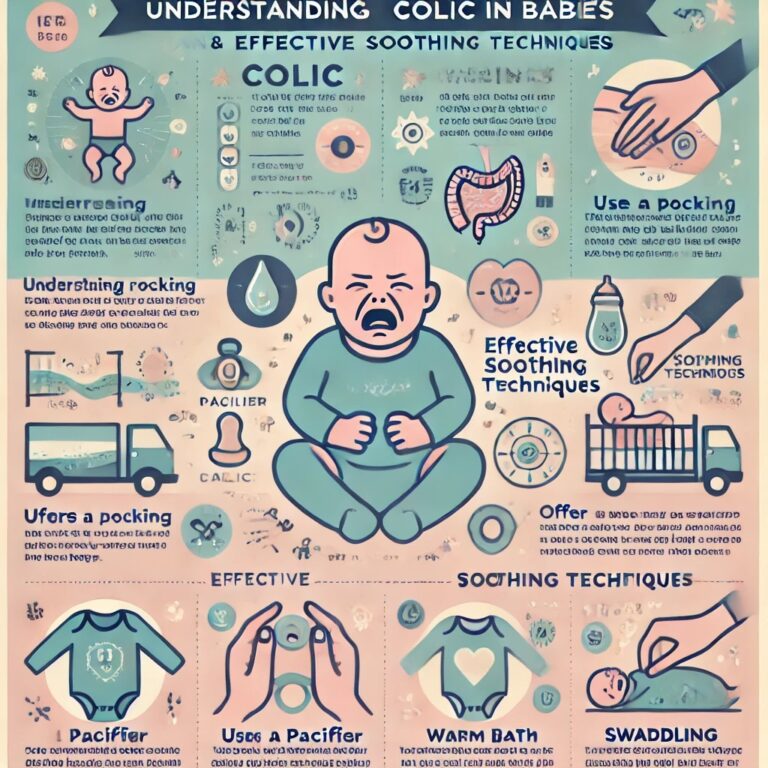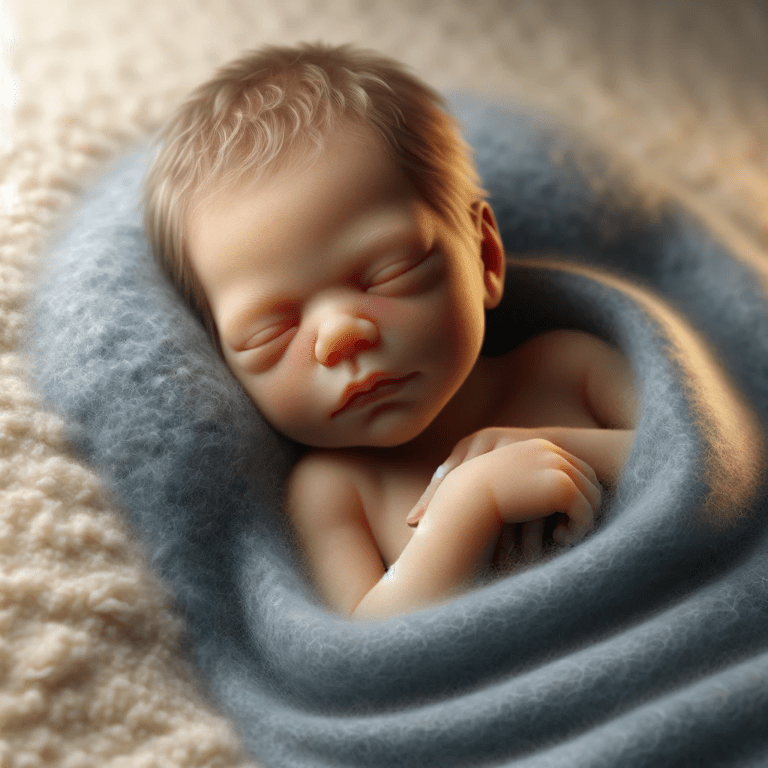What are the precautions for bringing a newborn around other babies or children?
When introducing a newborn to other babies or children, it’s essential to take certain precautions to protect the health and safety of the newborn, who is more susceptible to infections due to their developing immune system. Here are some key precautions to consider:
- Vaccination Status: Ensure that the children and babies who will be around the newborn are up-to-date on their vaccinations, according to their age and the recommendations of health authorities. This includes vaccinations for whooping cough (pertussis), measles, mumps, rubella, and influenza, among others.
- Hand Hygiene: Encourage everyone, especially children, to wash their hands thoroughly with soap and water before touching the newborn. Hand hygiene is one of the most effective ways to prevent the spread of infections.
- Respiratory Etiquette: Teach children to cover their mouths and noses when coughing or sneezing, using a tissue or their elbow, and to wash their hands afterward. This practice helps prevent the spread of respiratory viruses.
- Avoid Sick Contacts: Keep the newborn away from children and adults who are sick or showing symptoms of illness, such as fever, cough, runny nose, or diarrhea. Even minor illnesses in older children or adults can be more severe in newborns.
- Limit Close Contact: Limit close face-to-face contact between the newborn and other children, especially in the first few months. When interactions occur, they should be supervised to ensure gentle and safe contact.
- Clean Toys and Surfaces: Regularly clean and disinfect toys, surfaces, and objects that children and the newborn may come into contact with to reduce the risk of germ transmission.
- Feeding Precautions: If other children are around during the newborn’s feeding times, ensure they understand the importance of quiet and calm environments to support the newborn’s feeding and bonding time with the parent.
- Use of Personal Items: Avoid sharing personal items like bottles, pacifiers, and blankets between the newborn and other children to prevent the spread of germs.
- Monitor for Symptoms: Keep a close eye on the newborn for any signs of illness, such as fever, lethargy, unusual fussiness, difficulty breathing, or feeding problems, and consult a healthcare provider if any concerns arise.
- Educate Older Children: Teach older children about gentle touch and the importance of being careful around the newborn to prevent accidental injuries.
By taking these precautions, parents and caregivers can help ensure a safer environment for newborns when around other babies and children.
------------From our Sponsors------------

